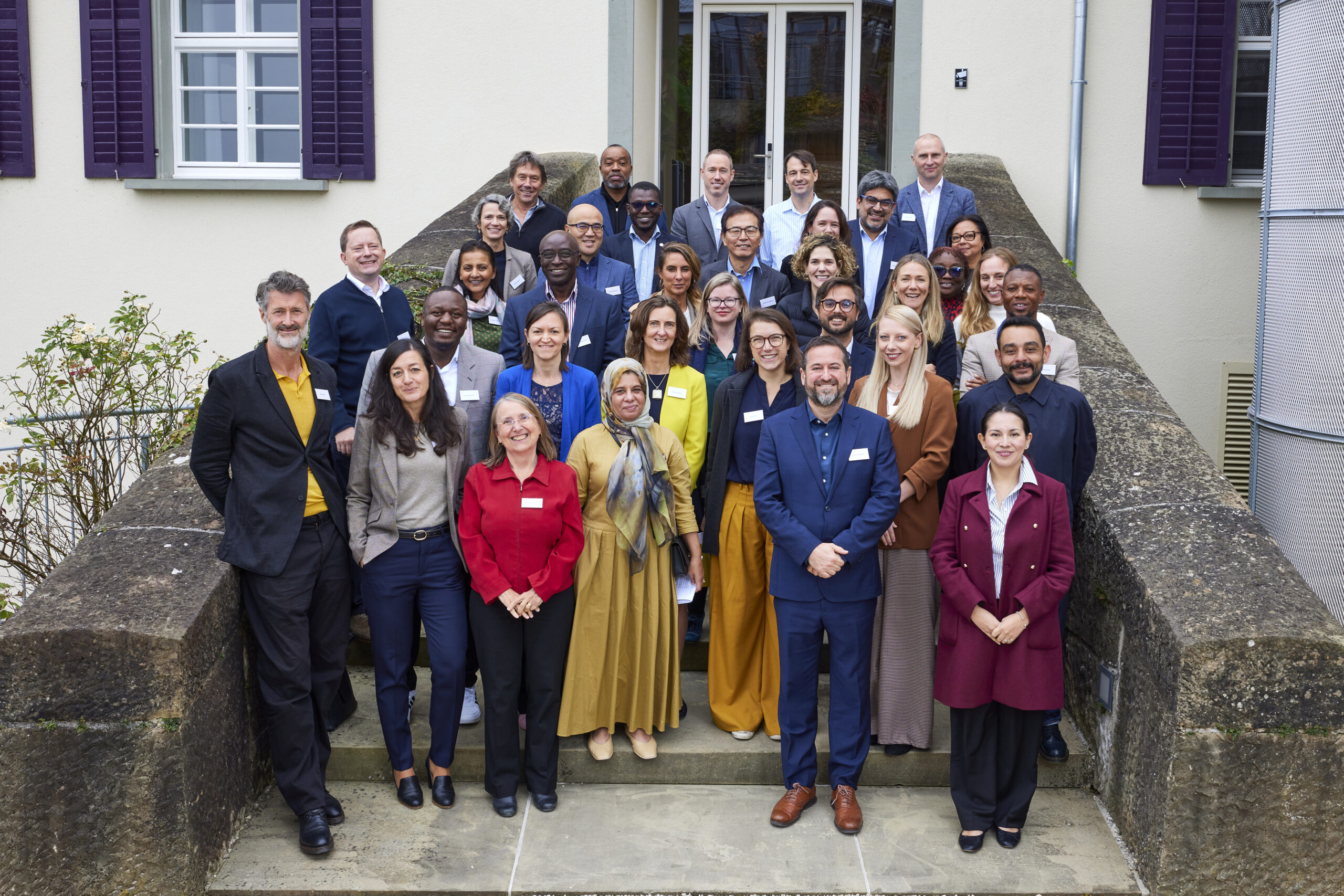Share Content
Article Link Copied
The next frontier: insights from Global event on Education Evidence Labs

The Global Convening on Education Evidence Labs, hosted by Jacobs Foundation in partnership with the Foreign, Commonwealth, and Development Office (FCDO), alongside support from On Think Tanks (OTT), brought together stakeholders from Ministries of Education, EdLab implementing units, research institutions, multilateral agencies, and global funders. The event, held in mid-October 2023, aimed to address the current barriers in using evidence in education policy and practice, focusing on the role of Evidence Labs (EdLabs) in overcoming these challenges.
What are Education Evidence Labs?
There is no universally agreed-upon definition for an ‘EdLab.’ However, EdLab models worldwide share three common elements: (1) the desired endpoint is evidence uptake (vs research only); (2) a clear line of sight to policy and/or practice; (3) knowledge and capacity for evidence translation. While many examples of EdLabs exist globally, in both high and low-income settings, there is limited well-documented knowledge about their experiences and robust evidence on what makes them effective.
Key Insights from the Event
The Global Convening aimed to review the current state of evidence to inform ongoing efforts in Ghana, Colombia, Cote d’Ivoire, and Switzerland funded by the Jacobs Foundation, as well as similar initiatives worldwide. Discussions focused on lessons learned from established EdLab examples in Australia, the Netherlands, and Peru, and how to translate these lessons into actionable guidance for new EdLab models implemented globally by governments and their partners. Key takeaways from the discussion included:
- Balancing Political Relevance and Independence: EdLabs need to navigate political complexities in determining what types of evidence are needed, when, and for whom. Demonstrating relevance early in their setup is crucial while avoiding capture by political interests.
- Inclusivity and Stakeholder Engagement: Effective engagement with different system levels and balancing competing priorities in processes (e.g., national vs community-level) during the development and implementation of a national research and learning agenda is essential.
- Promoting Evidence Uptake and Implementation: EdLabs need visibility into the process of how policies are implemented and how evidence flows through the system to ensure that data and evidence flow up and down the education system.
- Opportunity for Convergence: Opportunities exist to defragment the global and local evidence architecture by consolidating efforts, ensuring that donor-supported initiatives avoid duplication, and making global and regional efforts more effective in supporting domestic EdLabs.

Next Steps
The EdLabs global convening served as a catalyst for increased alignment and collaboration among EdLabs implementers, funders, and partners. Key areas for joint investment in support of EdLabs were identified, such as the development of a peer learning community that can invest in creating a common EdLabs effectiveness framework adaptable across settings. Key questions to be explored include:
- Aligning Global Education Knowledge and Data Architecture: How can we align the global education knowledge and data architecture, including evidence repositories, to better serve countries (i.e., domestic EdLabs)?
- Community-Driven Solutions: How do we ensure communities define challenges, identify solutions, and align teaching and learning practices with national education priorities and robust research evidence on what works for children?
- Incentives and Financing for Evidence Mechanisms: How can we structure incentives and financing for evidence mechanisms, ensuring their long-term sustainability and impact?
As we advance on this journey, the Global Convening has paved the way for a collective effort to maximize the effectiveness of EdLab models in supporting countries to integrate evidence into the heart of policy and practice.
A final evidence review of EdLab models was released in December 2023 and is available on the Jacobs Foundation website.
For more information, please contact:
Knowledge and Learning Manager